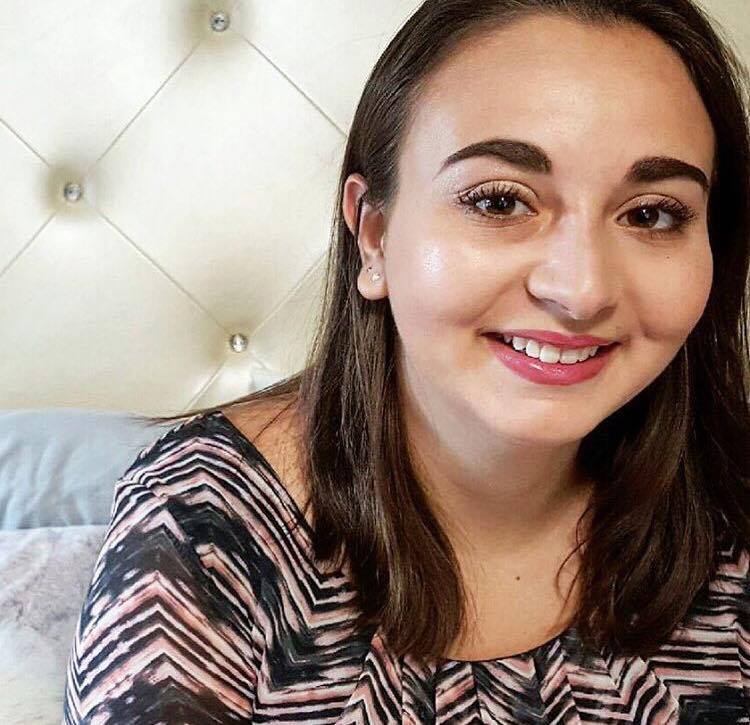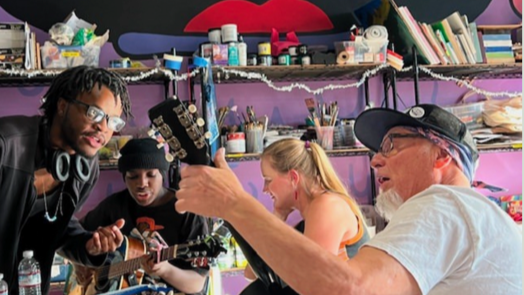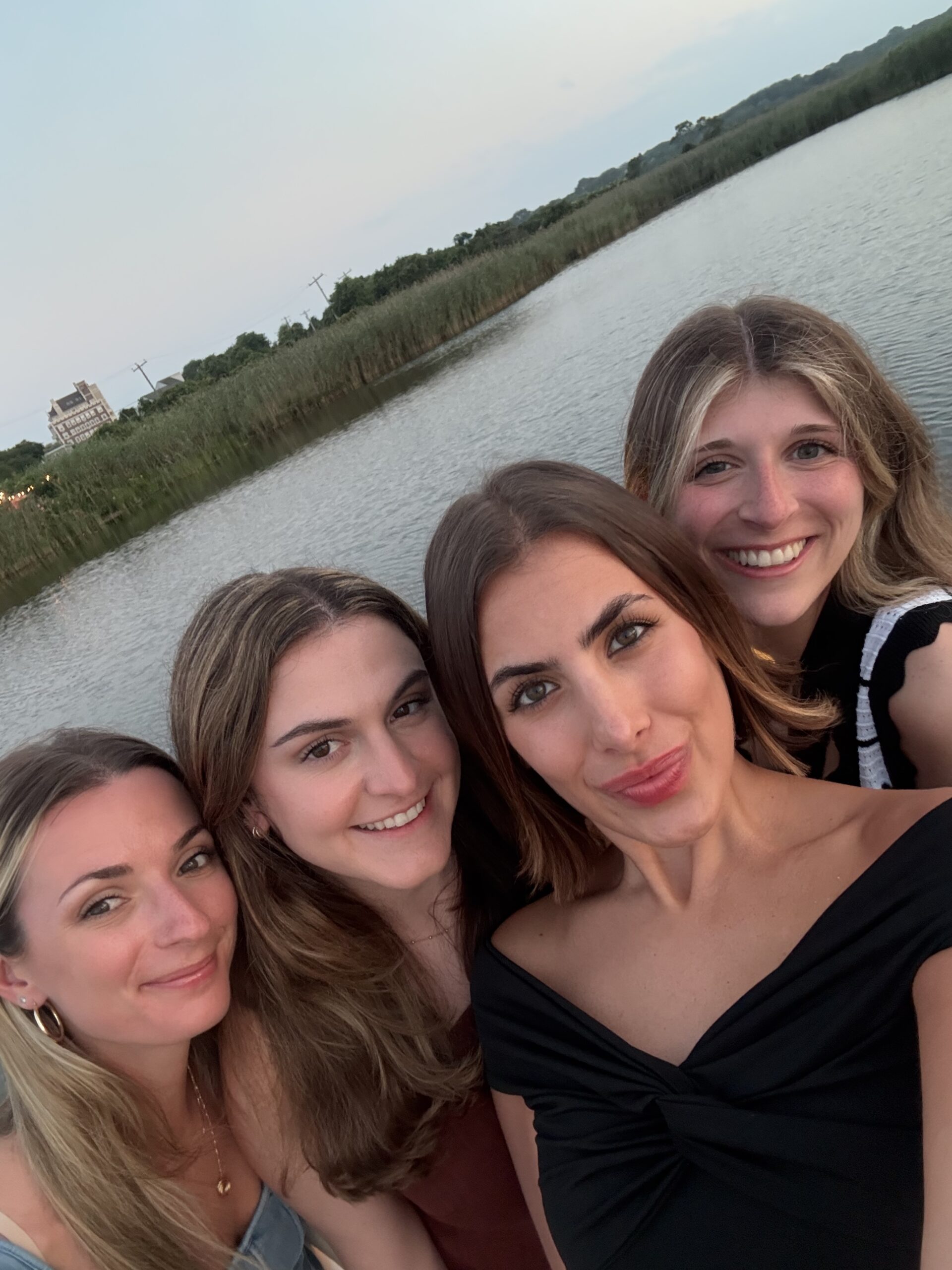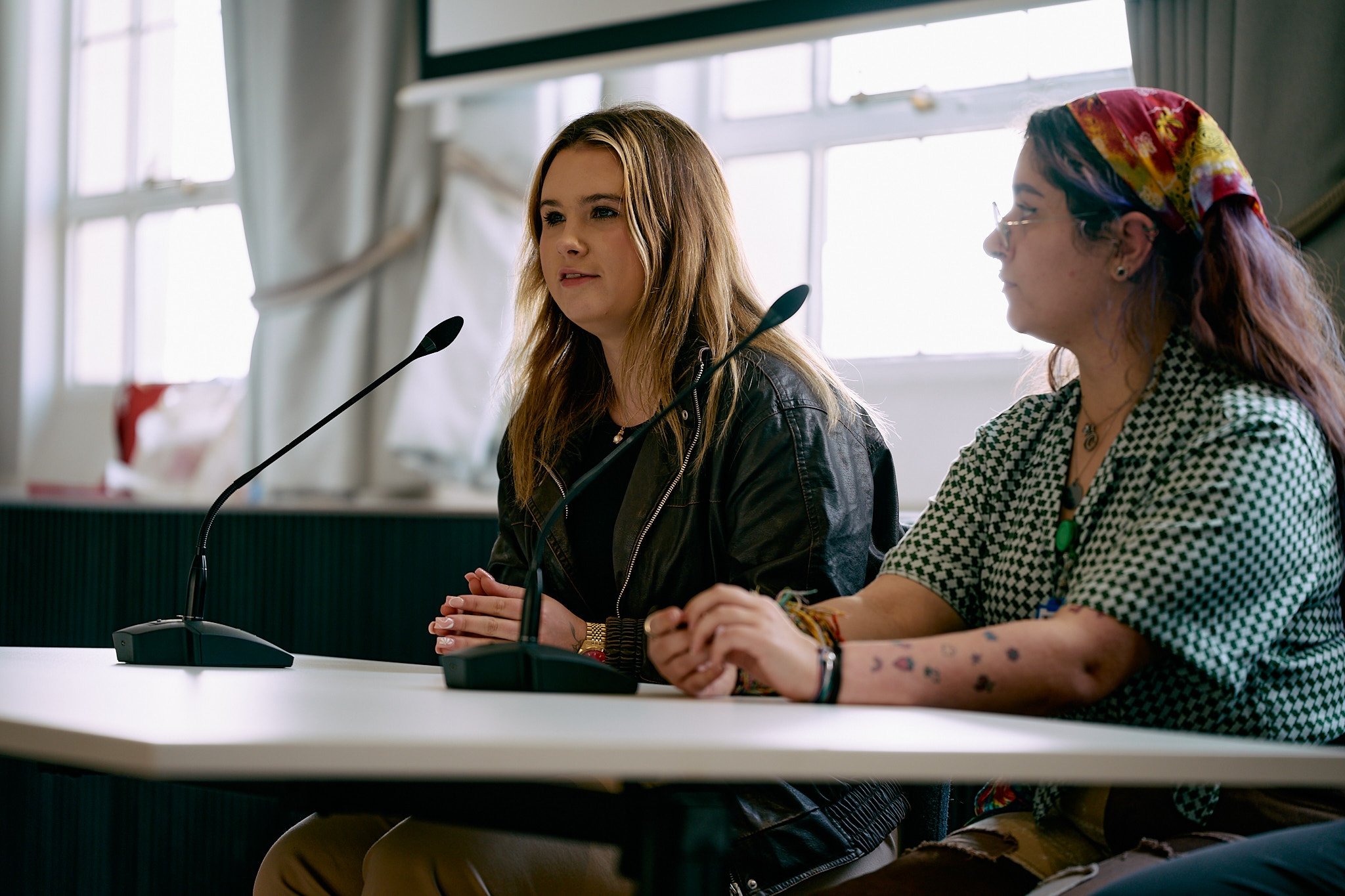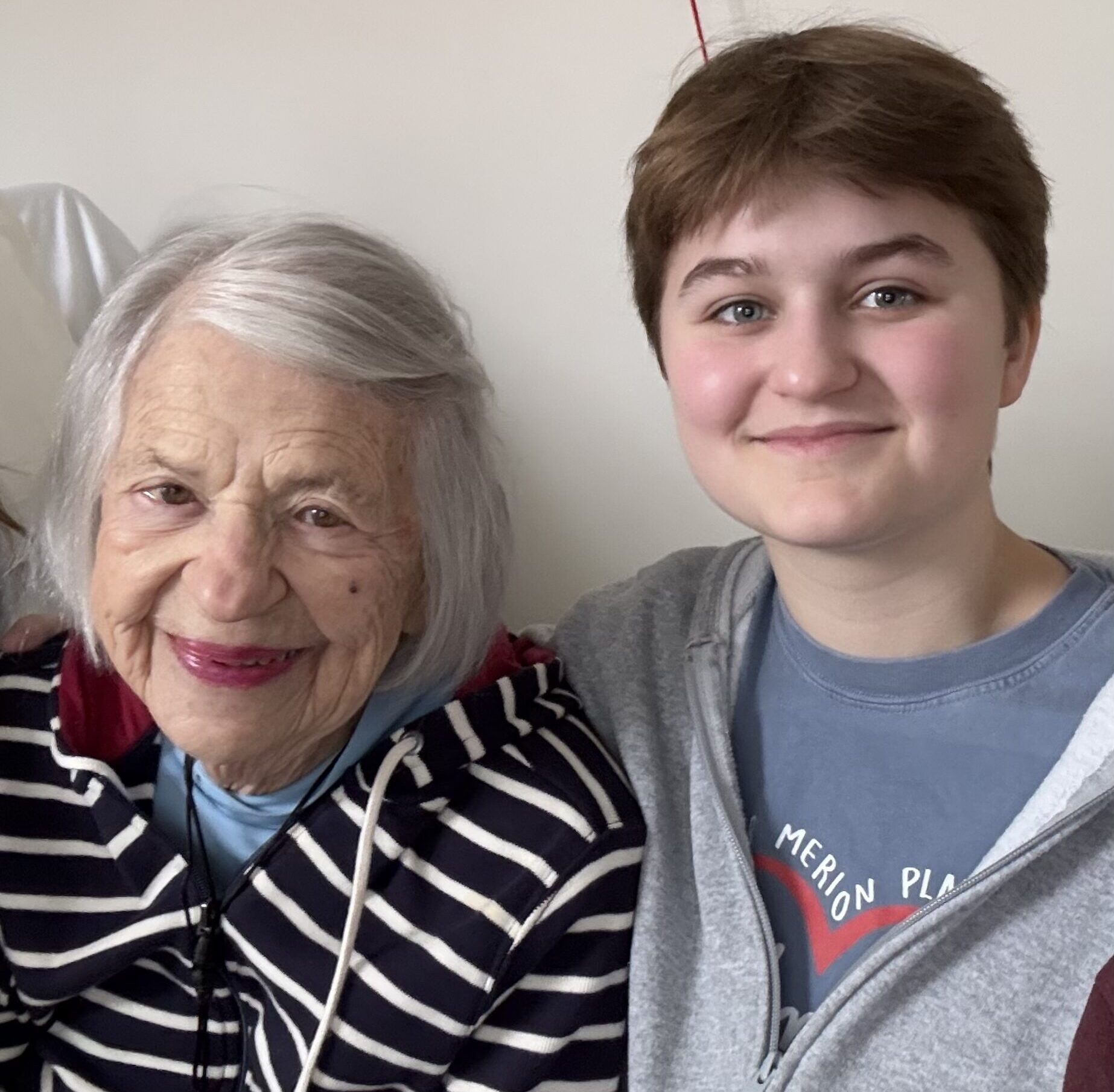Trigger Warning: Today’s story contains descriptions and information about depression and suicidal ideation, which may be triggering to survivors or to the family and/or friends of victims. If you or someone you know is struggling with suicidal thoughts, please seek help. You can call the National Suicide Prevention Lifeline 24-hours a day at 1-800-273-8255 for assistance.
Since being a Channel Kindness reporter for Born This Way Foundation, I have been focused on getting my Master’s degree in Public Health at Boston University. One of my requirements before I graduate from the program is to complete a practicum, which this summer led me to intern with The NAN Project.
The NAN Project is a nonprofit whose mission is to promote mental health awareness and suicide prevention in middle and high schools. This organization employs young people who have dealt with mental health-related challenges and are willing to share their stories with students to open up the conversation around mental illness. My role is to create a research project to guide The NAN Project’s work and to increase knowledge about mental health.
The first task was to design an anonymous survey for the general public to assess knowledge, attitudes, and behaviors associated with mental health. Following the survey, The NAN Project’s mental health interventions, consisting of student-led awareness programs, educational curriculum, and professional development for school faculty, will be updated based on the results. The overall intervention will be evaluated extensively and will be incredibly useful in the nonprofit’s efforts to understand mental health, and therefore better educate young people about the supports available.
Since the end of May, I have had the absolute pleasure of working with The NAN Project’s founders Ellen Dalton and Jake Cavanaugh. They started this organization in 2015 in response to the death of their family member Nan, who died by suicide in 2012. Jake kindly took time to answer some of my questions about The Nan Project and their aspirations for the future.
Q: Can you tell us a little bit more about how this organization was started?
A: My mother and I founded The NAN Project in response to the suicide of Nan. In the aftermath of her death, there was a lot of soul-searching that our family went through. The many “what ifs” and constant “if we onlys” that those who lose a loved one to suicide confront. Looking back we realized that Nan had struggled from a very early age, often in silence.
She was afraid to talk about her daily fight with depression, anxiety, and OCD due to the stigma surrounding mental health concerns. She turned inward and accessing the many supports available became increasingly difficult. At the time we had no idea about many of the resource you can turn to when you or a loved one are struggling. We created The NAN Project to try to ensure that other young people don’t have to suffer in silence. So that they know the supports that are available. So they understand that, “It’s ok, not to be ok.” So they feel comfortable talking about what’s going on, rather than hiding their struggles from the world.
Q: What have you found challenging about the work you have been doing?
A: Initially, a major challenge was getting our foot in the door at schools. Being a new, untested model, many schools were reluctant to let our peer mentors present to their students, especially about such a taboo subject as mental health and suicide. However, now that we’re in nearly 20 school systems, it’s become much easier. This success has come largely due to word-of-mouth from teachers who see our presentations and promote our model to new schools.
Another challenge has been finding time to fit our presentations in the busy, academic focused curriculums most schools use. This may be changing though. Since we started two and a half years ago, it seems many schools are starting to place more emphasis on social-emotional learning and see the value in openly discussing difficult topics like mental health and suicide. I hope this trend continues.
Q: What has been rewarding about the work? Have you had major successes in your efforts?
A: The biggest rewards and successes are always from the students. The quiet boy from the back of the room that comes up afterward and pulls one of our peer mentors aside to say how he can really relate to their story about struggling with depression. The student who tells the teacher the suicide prevention training helped him get his friend to a trusted adult during a crisis. These little anecdotes are really what make this work worthwhile.
Q: Who are the peer mentors?
A: The NAN Project works with young adults with lived experience who go through an intensive training to become certified Peer Mentors. We help them craft “Comeback Stories” that detail their struggles with various mental health challenges and traumas, but more importantly, how they got onto a path to recovery and success
I’ll quote one of our outstanding peer mentors, Ridha Abidshah a bit here: “To me, The Nan Project is a place where I found hope and purpose. This is where I was told, ‘It’s ok not to be ok.’ This was where I heard that we need to bring the discussion about mental health and suicide awareness above a whisper. This was where I was given a safe place, where I felt comfortable enough to talk about suicide. Being a part of The Nan Project has taught me to really see the need to break the stigma regarding mental illness in general, but more specifically the stigma towards suicide.”
Our amazing group of peer mentors brings such incredible enthusiasm, bravery and thoughtfulness day-in, day-out; they truly are what makes The NAN Project a success.
Q: What are your current goals as an organization?
A: The NAN Project’s mission is to open up the conversation about mental health, to reduce the stigma, and ensure that all young people know where to turn to and what supports are available when they or a peer are struggling. No young person should ever be ashamed of their mental illness, and all should know that there are trusted adults out there to help them when they are struggling. There is Help and there is Hope.
Q: What would you like to see happen in the future for The Nan Project?
A: Currently, The NAN Project is only active in Massachusetts. My goal is to see our model replicated in schools across the country. It is purposely a simple model and we hope that it spreads from state to state, and eventually, from country to country, so that no young people have to suffer in silence.
Q: How can someone help support or find The Nan Project?
A: If you are interested in becoming a Peer Mentor with The NAN Project, and live in Massachusetts, you can apply online and we’ll let you know about our upcoming trainings. If you live elsewhere, contact us via our website and I’d love to start a conversation about how we can bring The NAN Project to your community.
You can visit The Nan Project here: https://thenanproject.org/, or follow The Nan Project on Facebook, Twitter, and Instagram.




